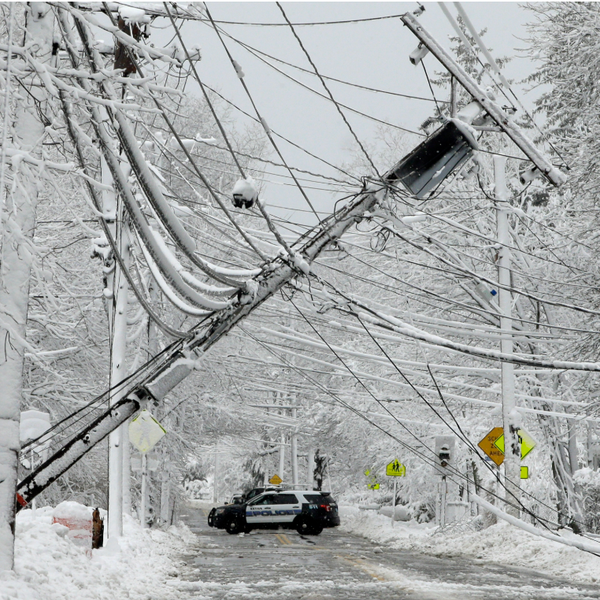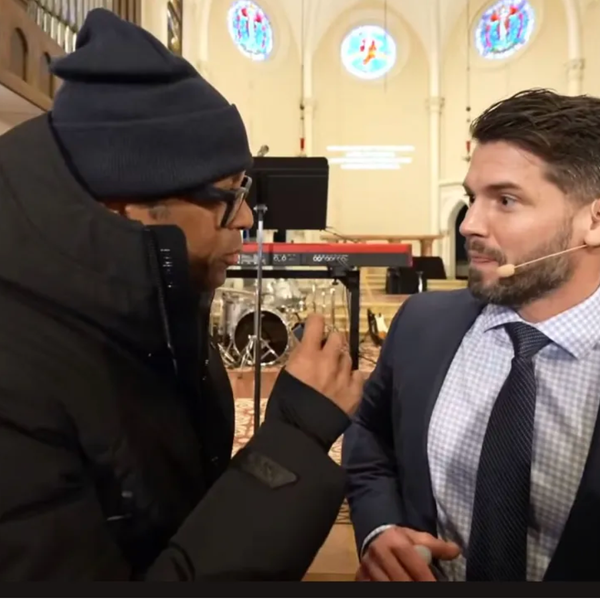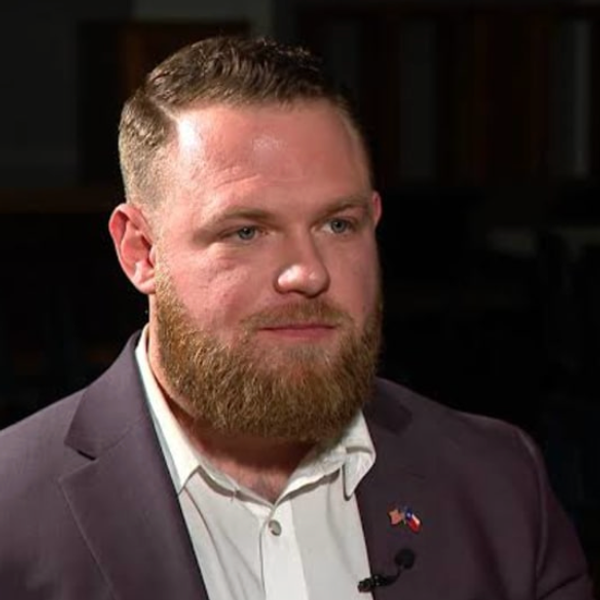With Changing Climate, Let's Not Expect Green Lawns In Las Vegas

One can well understand the allure of the American Southwest. Shirtsleeves in February. Natural beauty under a big starry sky. But as the region's water shortage approaches crisis levels, newcomers — and old-timers — may have to give up the idea that the good life includes a lush green lawn.
Las Vegas isn't Buffalo without the snow. Grass grows in Buffalo with minimal effort. Not so in Las Vegas, set in the Mojave Desert.
Grass needs lots of water, and the region's supplies are so strained that Las Vegas is sending out contractors to dig up "nonfunctional turf." The city defines "nonfunctional" as grass kept only for its good looks — in practice, grass along streets or at commercial sites.
Over 40 million people rely on the stressed Colorado River for water. Water levels in the river's two big reservoirs, Lake Powell and Lake Mead, are at historic low levels. Meanwhile, the other source that has provided water forever, underground aquifers, are drying up. Climate change and growing populations are making shortages worse.
As a result, states in the Southwest are facing a hard reality: Greenswards and gurgling fountains may become part of an unrealistic past.
Where water is scarcer, its distribution must be tightly managed. Layers of federal and local agencies must make the hard decisions about who gets how much water and for what. They have no choice but to tighten the rules.
That's why being rich and famous in the Southern California city of Calabasas still doesn't guarantee you a green lawn. Residents there are now limited to watering only eight minutes one day a week.
There's a reason golf was invented in Scotland. The weather there is cool and rainy, and that's what makes grass happy.
Not so in the Sonoran Desert, where Phoenix happens to be located. Phoenix is hot, dry and booming with new arrivals taking showers and flushing toilets.
And so it makes sense to ask why the Phoenix area has 165 golf courses. Having formed an alliance to defend their water allocations, the owners argue that year-round golf is important to the region's economy. That may be so, but couldn't they change the idea of what a golf course looks like?
Arizona farms use over half of the available water. Now getting less water than in previous years, they, too, have banded together. Perhaps the time has come for some of them to stop growing thirsty crops like cotton in the desert.
And what about homeowners? Arizona's cities and suburbs are still largely shielded from drastic cutbacks in water use, but a green lawn may no longer be in the cards.
The good news is that desert vegetation has its own charms. This Old House aired an interesting episode on landscaping a front yard in Phoenix. The result was largely a hardscape of pavement and rocks with spots of desert-friendly mesquite, lantana and, of course, cactus. One plant, the red yucca, offered dramatic blooms eight months a year.
No, it wasn't the opulent green carpets of Connecticut. On the other hand, you don't get eight months of bloom in Connecticut.
A reduced Colorado River has ignited new worries not directly tied to irrigation. Lake Powell has been a source of hydropower. Its water level has fallen so low that it soon may no longer be able to produce electricity serving millions of Westerners. Lake Powell is now down to 27 percent of capacity.
Mother Nature is a disciplinarian. If you want a lot of rain, move to Hawaii or Louisiana or Mississippi. Otherwise, learn to love the desert the way the Creator made it. Really, there's little choice in the matter.
Reprinted with permission from Creators.
- With new law, Las Vegas water agency bets on 'aggressive ... ›
- The Nature Conservancy: A World Where People & Nature Thrive ›
- Western Drought And Population Explosion Strain Water Supply ... ›
- To Save Water Amid a Megadrought, Las Vegas Outlaws Grass ... ›
- Southern California 'cannot afford green lawns' as drought forces ... ›








